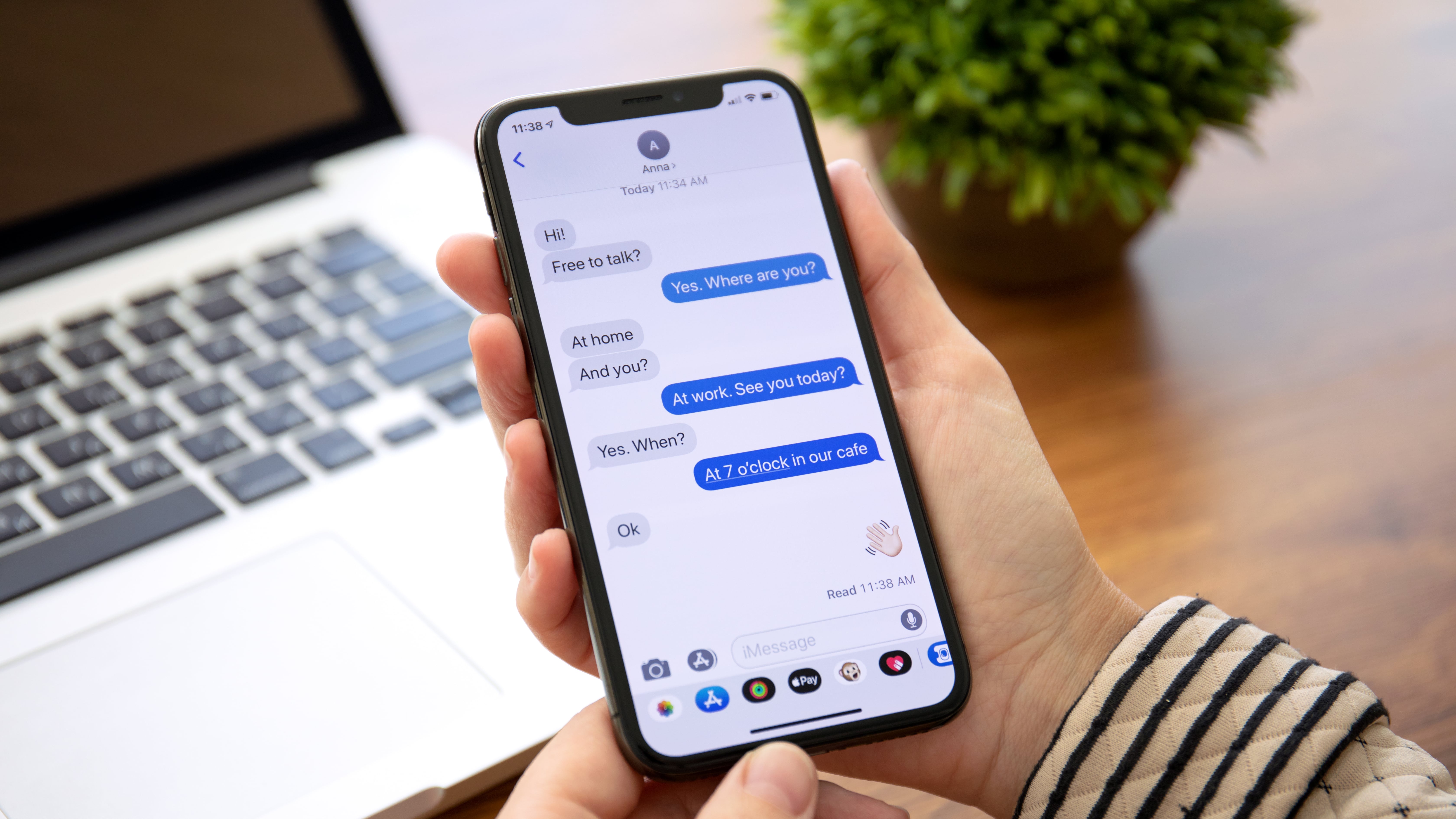UK government guidelines remove encryption advice following Apple backdoor spat
Privacy row between Apple and the UK Government continues

- The UK Government's guidelines no longer include mentions of E2EE
- The move follows a dispute between the British Government and Apple
- Apple recently pulled its encryption service in the UK after a backdoor request
The dispute between the UK government and Apple continues, with the former quietly deciding to remove its recommendation in using the tech firm’s end-to-end encryption (E2EE), also known as Advanced Data Protection (ADP).
The move, spotted by blogger Alec Muffett, comes weeks after Apple pulled ADP from the country following the Government’s alleged request to build a backdoor into the encryption for law enforcement - which would have allowed agencies to access protected photos, messages, and other data.
Previously, in advice from the NCSC and GCHQ, the agencies recommended barristers, solicitors, and legal professionals turn on encryption, including ADP for iOS - but the encryption advice is no longer available.
The importance of encryption
Apple doubled down on its encryption, promising to “never build a backdoor”, and privacy campaigners argue that this “jeopardizes the security and privacy of millions.”
Encryption is a tool that scrambles information, and end-to-end means that this is done both as the information is sent, and received. Apple’s ADP means that even Apple cannot access the data.
The tech firm argues that once a backdoor, or ‘master key’, is built, that leaves the risk that the key will be stolen by threat actors, or that the information could fall into the wrong hands.
“With Apple removing Advanced Data Protection (ADP) for UK users, consumers need to focus on alternative ways to secure their data,” said Matt Aldridge, Senior Principal Solutions Consultant at OpenText Cybersecurity.
Are you a pro? Subscribe to our newsletter
Sign up to the TechRadar Pro newsletter to get all the top news, opinion, features and guidance your business needs to succeed!
“While iMessages, Facetime, Health data and iCloud keychain remain secure, users should review what they store in iCloud, especially with backups no longer being encrypted. Sensitive files and data may need to be stored securely elsewhere, such as on external encrypted drives or alternative cloud services that still offer end-to-end encryption.”
You might also like
- Take a look at our picks for the best VPN providers around
- Check out our recommendations for the best encrypted messaging apps for Android
- Apple to take legal action against British Government over backdoor request

Ellen has been writing for almost four years, with a focus on post-COVID policy whilst studying for BA Politics and International Relations at the University of Cardiff, followed by an MA in Political Communication. Before joining TechRadar Pro as a Junior Writer, she worked for Future Publishing’s MVC content team, working with merchants and retailers to upload content.
You must confirm your public display name before commenting
Please logout and then login again, you will then be prompted to enter your display name.